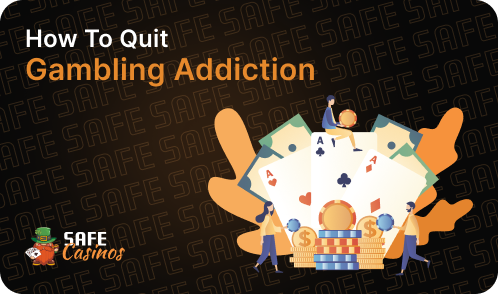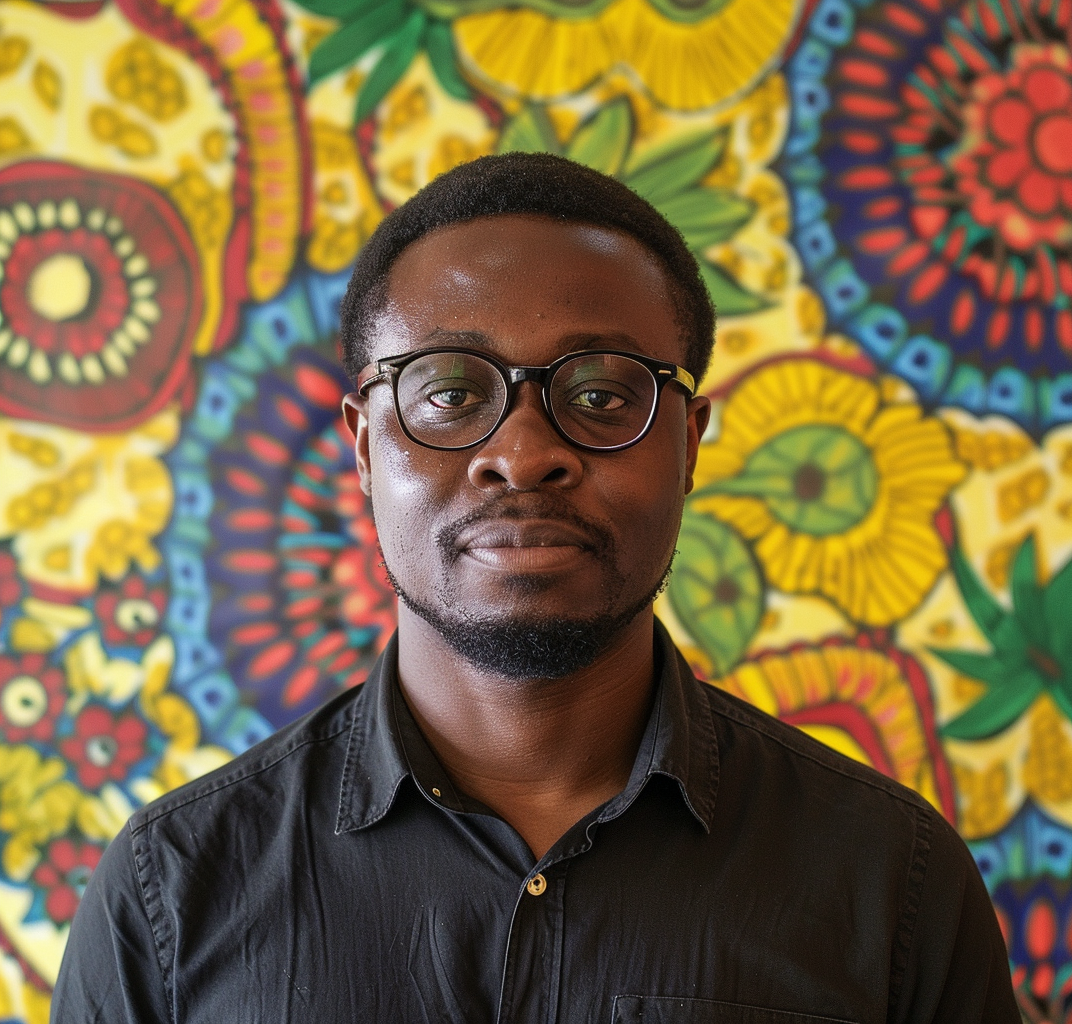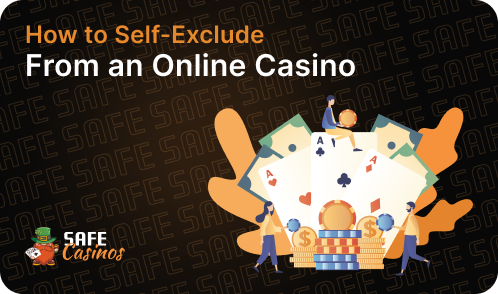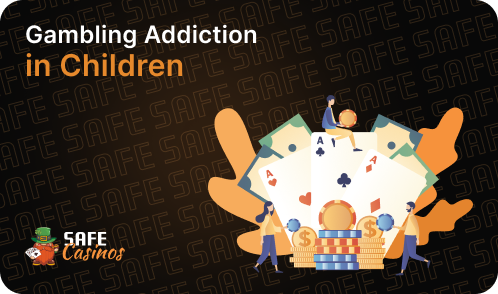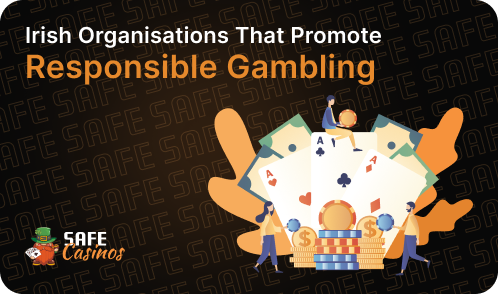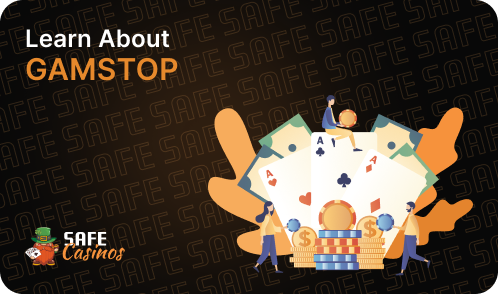Online gambling is widespread in Ireland, and many people suffer from gambling addiction. If you are one of them, know that there are ways that you can use to regain control. In this guide I’ll give you essential tips that you or your loved one can use to overcome gambling addiction.
What Gambling Addiction Is and Why It’s Harmful
Gambling addiction, also known as pathological gambling, occurs when a person has a strong urge to gamble despite potential negative outcomes, such as financial problems, strained relationships, and emotional distress.
The exact number of people in Ireland struggling with gambling addiction isn’t known, but research indicates that many people play at online and offline casinos, and quite many of them may develop gambling-related problems.
Signs of Gambling Addictions
The first step toward getting help and regaining control is to recognize the signs of gambling addiction. Some common signs include:
- Always thinking about past gambling experiences or planning future ones;
- Need for bigger bets to feel the same level of excitement;
- Lying to loved ones about gambling;
- Putting casino games or betting ahead of work;
- Failed attempts to stop gambling;
- Feeling moody when you try to gamble less;
- Selling items or borrowing money to play casino games;
- Gambling as a way to cope with stress, anxiety, or depression;
- Ignoring social responsibilities, for example, not paying bills, because of gambling.
Things You Can Do on Your Own
If you think you have this addiction, start with self-help.
Acknowledge the problem
It is the crucial first step towards recovery, and it can be the most challenging thing to do for many Irish gamblers. Be honest with yourself about the extent of your gambling behaviour and its impact on your life.
Set achievable goals
Set achievable objectives to cut down or completely stop gambling. First, set simple tasks and then gradually go toward bigger goals. It’s important to take each day as it comes and celebrate small victories. Tell yourself that recovery is possible, and with determination, you can break free from the cycle of addiction.
Avoid triggers
Stay away from card or table games, casinos, races, and places related to gambling. Also, avoid people who make you want to gamble.
Give control of your finances to someone
Let a trusted friend or family member handle your money. This can help you not spend too much. Also, pay bills automatically and put limits on your cards to keep spending in check.
Manage stress
Learn good ways to handle stress without gambling. You can try deep breathing, meditation, or yoga or find something else to relax.
Stay busy
Stay active with fun things like work, and hobbies, or spend time with family and friends to not get bored. You may try new activities not related to gambling, like sports or art. And make new friends who would not tempt you to gamble.
Take advantage of the self-exclusion program
Think about joining programs like GAMSTOP that stop you from using online gambling sites and apps. They will help you not go back to gambling. Read my articles “How to Self-Exclude From an Online Casino” and “Learn About GAMSTOP” for more details.
Remind yourself of the risks
Keep in mind the risks of gambling. Every day, remind yourself of facts like ‘the house always wins’ and ‘players eventually lose their money.
Stay committed
Recovery from gambling addiction takes time, hard work, and determination. Keep working towards your goals, even if you face setbacks.
Treatment for Gambling Addiction
Self-help is only part of what you can do to quit a gambling addiction. Sometimes it’s not enough, and you may need help and advice from a professional. They can find the right treatment for you. I’ll list some common treatments that experts might recommend.
Therapy
Each person in Ireland dealing with gambling problems may need different therapy, and only the therapist can decide what will work best for you. This could range from one-on-one sessions to group therapy. One of the most helpful treatments in the past decade has been Cognitive Behavioural Therapy (CBT). This treatment is based on the idea that our thoughts, feelings, and actions are linked, and by changing negative thoughts, we can alter how we act and feel
Support groups
Whether to join a support group is a personal decision, but many experts recommend it to people with all kinds of addictions. If you join a group like Gamblers Anonymous, you will feel part of a community with a common goal. It’s a place for support and tips. Meeting people who are in the same boat but have different stories really helps. You can find inspiration in other people’s stories and share your own. You will be motivated by others’ encouragement, and perhaps you might motivate someone else.
Medication
Sometimes, doctors prescribe medicine to treat mental health issues like depression or anxiety that come with gambling addiction. Antidepressants (like SSRIs and SNRIs) can reduce feelings of depression and anxiety, which might lessen the desire to gamble. Mood stabilizers (like lithium or lamotrigine) can help control mood swings and impulsive actions. Naltrexone, a drug that stops certain brain receptors from working, may help reduce cravings and impulsive gambling. Also, some drugs used for epilepsy, like topiramate, are being looked at for their ability to lower impulsiveness and compulsive gambling behaviours.
!!! Only take medicines your doctor gives you and follow their instructions. Don’t misuse them.
Inpatient and outpatient programs
Inpatient Programs require the individual to stay at the rehab facility for a certain period, typically ranging from 30 to 90 days. These programs provide an immersive and supportive environment for recovery.
In outpatient programs, people live at home and attend therapy sessions at the rehab centre several times a week. This option is suitable for those with less severe addiction or for people who cannot stop working or leave their families for a while.
Rehab programs usually have a plan for help after you finish the program. This includes more therapy, support groups, and check-ins with counsellors. The aim is to keep you from going back to gambling and help you live a healthy life.
Organizations That Help With Gambling Addiction
In Ireland, many organizations help people with gambling problems. They work to increase awareness of the dangers of gambling addiction and provide support to affected individuals and their families. Some key Irish organizations that focus on gambling addiction include:
Gambling Awareness Trust (GAT)
They provide help and information for anyone looking to overcome gambling addiction.
Gamblers Anonymous Ireland (GA)
GA is a group where people support each other to recover from gambling addiction. At GA meetings, people can safely talk about their experiences and get encouragement.
Rutland Centre
The Rutland Centre is a top place for treating gambling problems. They offer one-on-one counselling, group sessions, family help, and ongoing support to ensure people can recover for good.
National Gambling Helpline
Trained counsellors give advice, and guidance, and can point you to local support services to tackle gambling problems.
HSE Addiction Services
HSE offers help for all kinds of addictions, including gambling. Here you can get counselling, therapy, a check on how severe your addiction is, and a referral to specific treatment programs.
Dunlewey Gambling Addiction Services
They offer many services to help people with gambling issues, such as counselling, a helpline for immediate support, programs to teach about the dangers of gambling, advice on where to find more help, and support groups to share experiences and tips for recovery.
Help Someone to Overcome a Gambling Habit
To help someone stop gambling, be patient, understanding, and supportive. Here are some steps you can take:
- Talk to them without judging and reassure them you’re there for them.
- Listen and let them know help is available.
- Suggest therapy or support groups and help find resources.
- Set clear boundaries about how their actions affect you.
- Avoid giving them money that could worsen their addiction.
- Be patient and keep supporting them, even if they face setbacks.
- Remember to take care of yourself too while supporting them.
Applications to Combat Gambling Addiction
Online and mobile gambling have become more common recently. But there are now apps that you can use to manage, limit, or stop your gambling. Let me tell you about the types of such applications.
Self-exclusion tools
Some apps allow users to be excluded from online gambling sites and casinos. These apps will block your access to these platforms for a specified period. Read my article “How to Self-Exclude From an Online Casino” for more details.
Budgeting and tracking
Some apps help users watch their spending and see how much they gamble. If you use such an app you will better understand your gambling habits and find out where you might need to spend less.
Support networks
Some apps connect users with support networks and online communities of individuals who are also dealing with gambling addiction. This gives users a feeling of friendship and support as they aim to recover.
Educational resources
Some apps provide educational resources and information about gambling addiction. Articles, videos, and quizzes help users learn more about their condition and develop strategies for overcoming it.
Goal-setting and progress-tracking
Some apps let users set their own recovery goals and keep track of their progress. This helps users stay driven and concentrated on overcoming gambling addiction.
Gambling addiction can seriously harm a person’s life. But for Irish players who want to get better, overcoming this addiction is possible. Notice signs, seek help, and use all available resources to start your journey to recovery.
